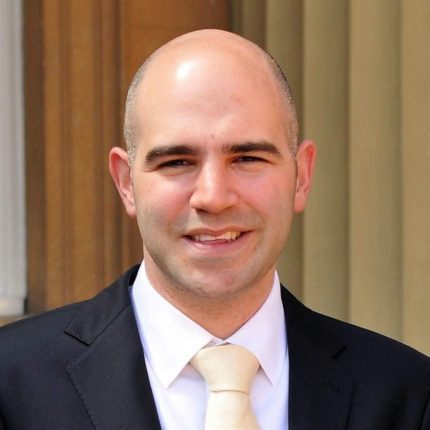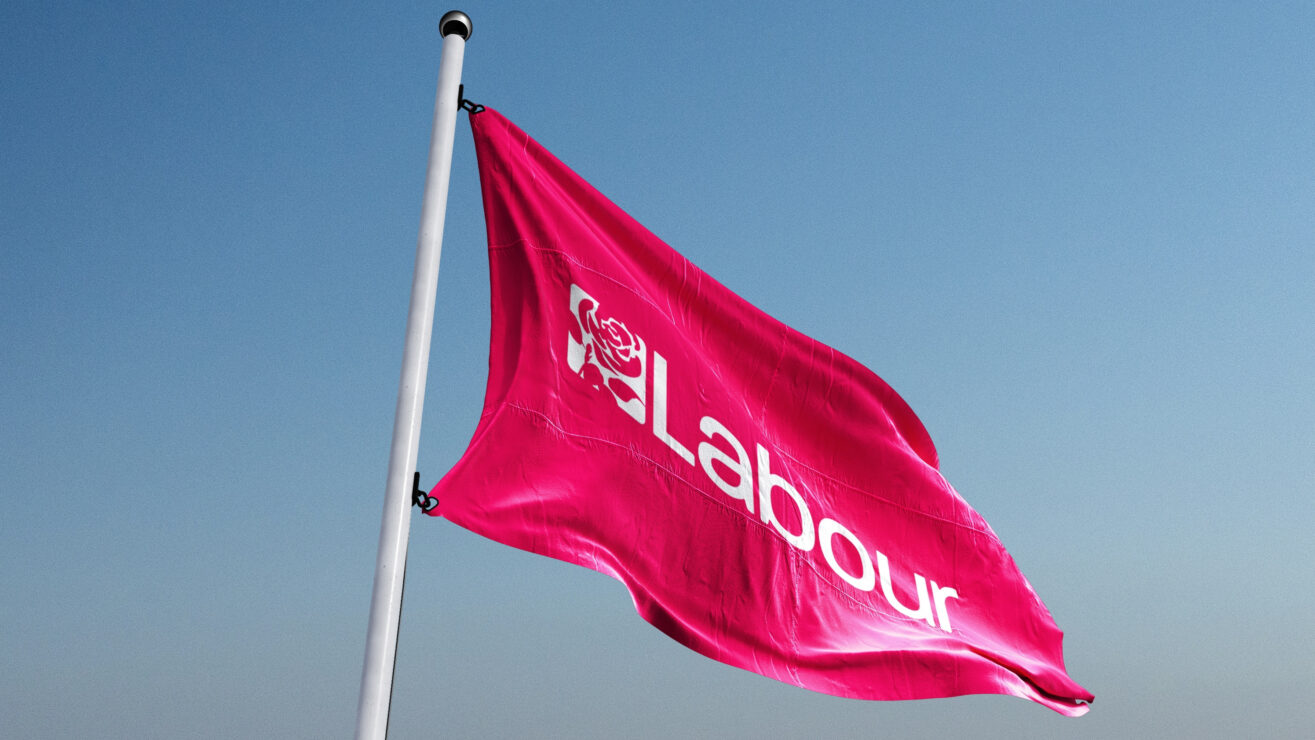My time at the University of Nottingham from 2000-2003 was thoroughly enjoyable. I made friends, went out and had fun, but I was also a relentless anti-racism campaigner. To that end, I fought to oppose the notorious Holocaust-denier David Irving from speaking at the debate society.
I also vividly remember challenging two speakers in a university lecture hall, both of whom had engaged in anti-Semitic language, as a far-left activist stood up and screamed at me that I was a “Zionist pig-dog”.
No platform then and now
At that time, my instinct was to champion the no-platform policy for racists and fascists. Originally passed by an NUS conference in 1974, a time of resurgence for the National Front. The political philosophy behind no-platform was to deny political legitimacy to fascists (which at the time meant skinheads in Doc Marten boots), but also crucially to prevent physical violence associated with fascist speakers and organisations (including Islamist extremist groups). According to Nick Lowles of Hope not Hate, it is “the position where we refuse to allow fascists an opportunity to act like normal political parties … which sometimes includes physically deny[ing] them the freedom to operate.”
As society has progressed and the fascists have put on suits and been elected as MEPs, local councillors, and even participated on BBC Question Time, the position of no-platform has become increasingly strained. Further, the advance of technology, along with a set of principles vehemently opposing censorship, poses a challenge to advocates of no-platform. Lowles notes that “the rise of the Internet and social media has been accompanied with changing attitudes to freedom of expression and censorship. Arguments about silencing ideas are far less acceptable now than they once were”.
This issue has also been exacerbated in the past few years as a variety of groups on university campuses have sought to invoke no-platform against individuals with contrary opinions, regardless of whether such opinions may incite violence. For example, attempts were made to no-platform former MP, George Galloway, and the comic Julie Bindel, following accusations of being a rape apologist and trans-phobic respectively.
The current public debate on free speech and an individual’s right to cause offence creates a challenge for supporters of no-platform policy, like I was. So where does one go from here?
A new age
Last week, together with the All-Party Parliamentary Group Against Antisemitism, the Antisemitism Policy Trust, which I direct, held an event in Parliament to discuss the grey area between illegal hate speech and free speech, with particular reference to social media. This has become an increasingly complex issue, but one ever more important to define as regulation begins to catch-up with the development of the digital world.
The outcome of our debate was surprising: the audience appeared to err on the side of regulation, rather than freedom. Rather than a platform, those gathered thought there should be no platform on Facebook for racist and discriminatory material.
This was predicated on an argument put forward by a panellist, who suggested that free speech should exist, but it is not the duty of Facebook to apply it. People could be racist should they wish, but Facebook didn’t have to let them vent their bile onto its own platform. The company has options. I wonder if universities could be viewed through a similar lens, they have options too.
Universities aren’t obliged to apply the best practice, or to abide by the guidelines NUS and Universities UK have produced on external speakers, but they should. Upholding free speech doesn’t necessarily prevent an institution from having speakers sign agreements to abide by the equality duties and anti-discrimination rules that a university sets. Free speech also doesn’t mean an event cannot be filmed or extra security hired, nor does it mean that events can’t be publicised in advance, or that speeches can’t be halted if a speaker breaks the rules.
Clarity long overdue
Second, universities and students’ unions have the option to either allow their relationship to continue existing in a legislative fuzz, or to demand clarity. I gave evidence alongside Luciana Berger MP (then a representative of NUS) back in 2004 on the lack of certainty about the legal status of students’ unions. The issue was addressed in an all-party report on anti-Semitism in 2006, in parliamentary questions in 2008, and again in relation to the Equality Act and Public Sector Equality Duty in 2010. Yet the outcome still remains unclear.
Whether for good or for bad, the duties, restrictions and obligations of students’ unions in relation to universities remain complex, and therefore open to abuse and inconsistency. It is difficult to know what approach to take if the law is this fuzzy. Does the Education (No. 2) Act 1986 Section 43 apply to students’ unions? There is reference to these bodies, but the law is implicit.
How can a university be subject to the Public Sector Equality Duty and yet its students’ union, one of the primary interfaces for many students with their campus life, be absented from it? If a university or a union is to balance its duties, surely clarity in the law is paramount? Perhaps equipping the Office for Students with the tools to address campus and sector-based racism and discrimination might be a good start, but the government’s consultation document didn’t provide much optimism that this would be the case.
Culture matters
Free speech on campus does exist and should be fiercely guarded. But, it is not just about free speech existing, rather about having robust protections around it. Sadly, anti-Semitism still seems to rear its ugly head on too many campuses. It was a problem when Luciana Berger and I gave evidence to the Home Affairs Select Committee in 2004, and it was a problem last year when Jewish students found graffiti in the toilets at the Birmingham University Guild stating “Dirty Jews resign or die”. Although the actual numbers of formally reported incidents remains low, in-part to do with how they’re reported, the culture on some campuses can be challenging at times.
In 2011, the Institute for Jewish Policy Research (JPR) found that 42% of 925 Jewish students, based at 95 different academic institutions, had experienced an anti-Semitic incident that academic year. By 2016, JPR was still finding a prevalence of such incidents, and reported that “even if they have not personally experienced these types of incidents, some students reported that they have still been made to feel quite uncomfortable about their Jewishness at university.” In this context the language used by different types of student, political and other leaders is important. Again, just because leaders have free speech to isolate or intimidate minority groups, doesn’t mean they have to engage in such conduct. If we cast our eyes across the Atlantic, we can see the consequences of this.
Creating safe student communities, free from racism and hate speech, shouldn’t be a challenge. No platform was once an asset for this cause, and still has its place despite what some may claim, but we now need to be trailing an accompanying new approach, fit for the times we’re in.
Bold universities and students’ unions, unafraid to protect minorities by ensuring clarity in the law, consistency in approach, and bravery in challenging racist speech, will find that rather than inhibiting our freedoms, they are enabling them.













